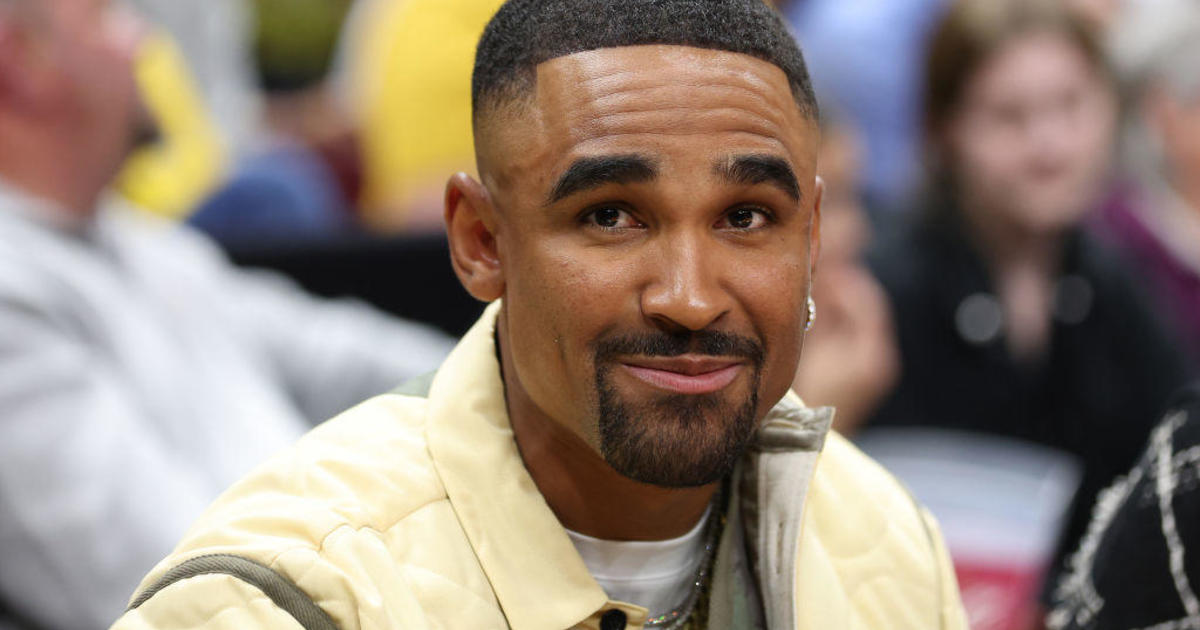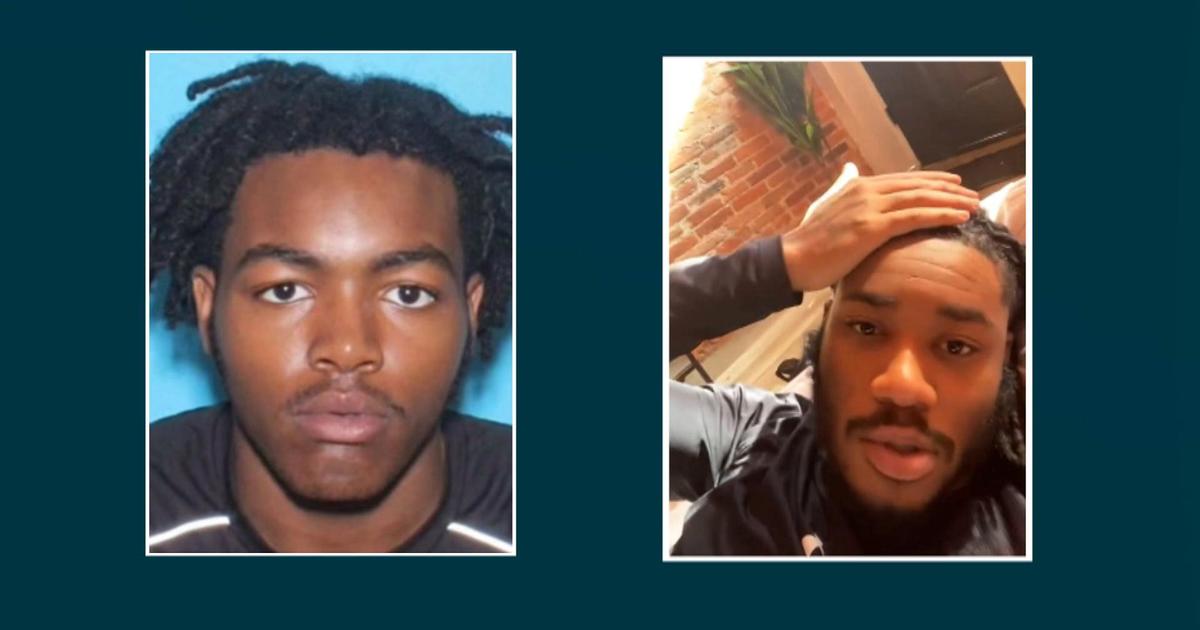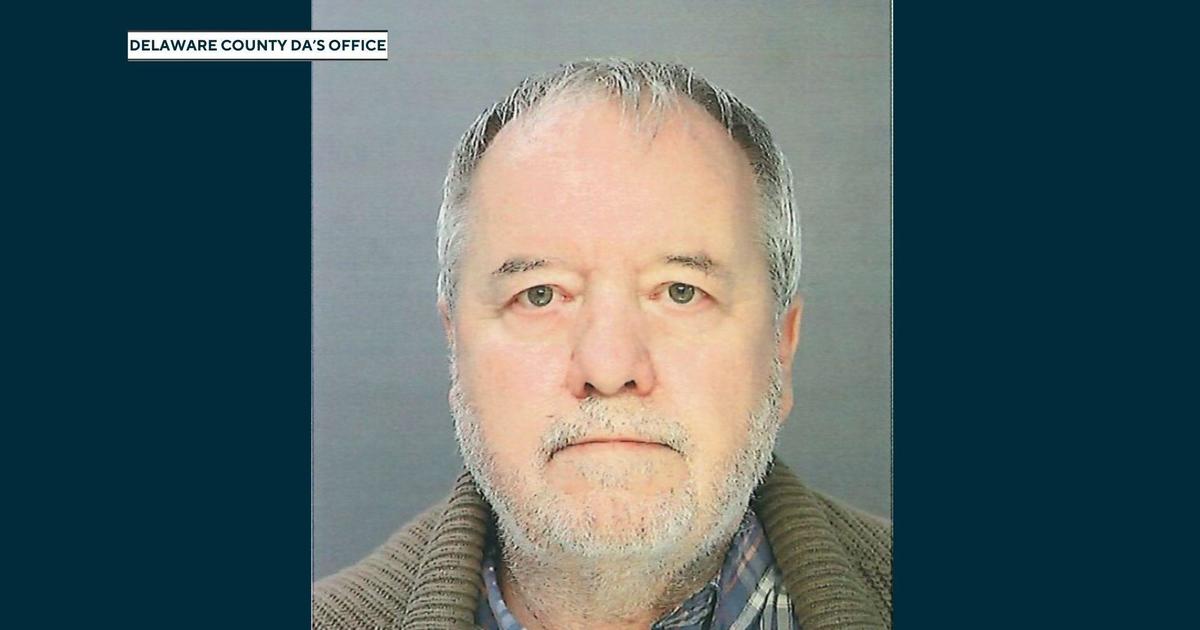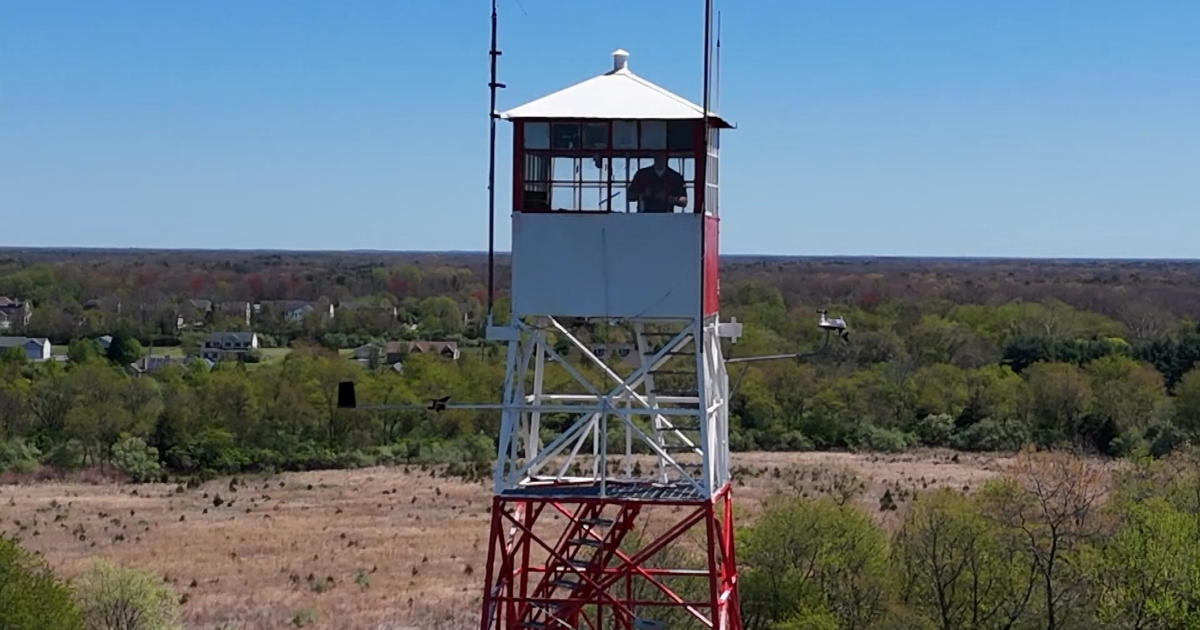Former Cuban Leader Fidel Castro Dead At 90
NEW YORK (CBS/CBS News) -- Fidel Castro, the revolutionary leader who put Cuba on the world stage and made himself a world player, died on Friday, his brother Raul Castro announced on state-run television. He was 90.
The communist adversary for 10 U.S. presidents, Castro wore his trademark beard and army fatigues for nearly five decades, giving fiery speeches against what he called the evils of imperialism.
In the 1950s, Castro led the overthrow of Cuban dictator Fulgencio Batista. After victory in 1959, he appeared on Edward R Murrow's "Person to Person" - a rebel in pajamas.
"Mr. Castro, are you concerned at all about the communist influence in Cuba?" Murrow asked.
"No," answered Castro. "I no worry, there is not a threat of communism in Cuba."
PHOTOS: Fidel Castro Through The Years
Castro later executed former Batista officials and began to nationalize American-owned property.
The U.S. broke off relations and imposed a trade embargo, one that has lasted to this day, though President Obama and current Cuban President Raul Castro, Fidel's brother, restored diplomatic relations in July 2015.
In 1961, President Kennedy authorized a force of CIA-trained Cuban exiles to try to overthrow Castro. The invaders were crushed as they waded ashore at the Bay of Pigs.
Castro embraced communism and moved closer to the Soviet Union.
In 1962, the U.S. found evidence of Soviet nuclear missiles in Cuba. "I have directed the armed forces to prepare for any eventuality," President Kennedy announced.
The nuclear clock ticked down and then stopped. The Soviets agreed to remove the missiles. In exchange, the U.S. promised not to invade Cuba.
Castro's Cuba has been a land of contradictions. It has free medical care and its literacy rate is among the world's highest. But political opposition is suppressed, and the economy is a disaster. Those antique cars on shabby roads became as much a symbol of Cuban life as cigars or music.
Twice Castro unleashed a mass exodus of Cuban refugees onto U.S. shores. And with the decline of the Soviet Union and its support, Cuba faced economic ruin in the '90s, forcing Castro to encourage tourism and foreign investment.
In 1998, Castro invited Pope John Paul II to visit Cuba and reinstated Christmas as an official holiday.
Castro once told CBS News how he would want to be remembered.
"That Castro wanted a more egalitarian society," he said, "A society as many other men have dreamed of in the past - Jesus among them."
In July 2006, Castro had intestinal surgery and announced a temporary transfer of power to his brother Raul. The transition became permanent as Castro's health declined, and the fiery revolutionary faded from public view.
In March 2012, Pope Benedict XVI visited Cuba and conducted a huge public Mass. And he delivered a private message, telling Fidel Castro that his political experiment no longer corresponded to reality, and that it was past time for authentic freedom to finally come ashore in Castro's Cuba.
Today the last historic political figure of the Cold War is gone.
In Miami's Little Havana neighborhood, Cubans took to the street to celebrate Castro's death.
Miami Herald columnist Armando Salguero told CNN that there's one less vacancy in hell following Castro's death.
"Hell has a special place for Fidel Castro," Salguero said.
Raul Castro announced his brother's death on Cuban state media. He said Fidel Castro will be cremated on Saturday.
Raul Castro ended the announcement by saying, "Toward victory, always."



